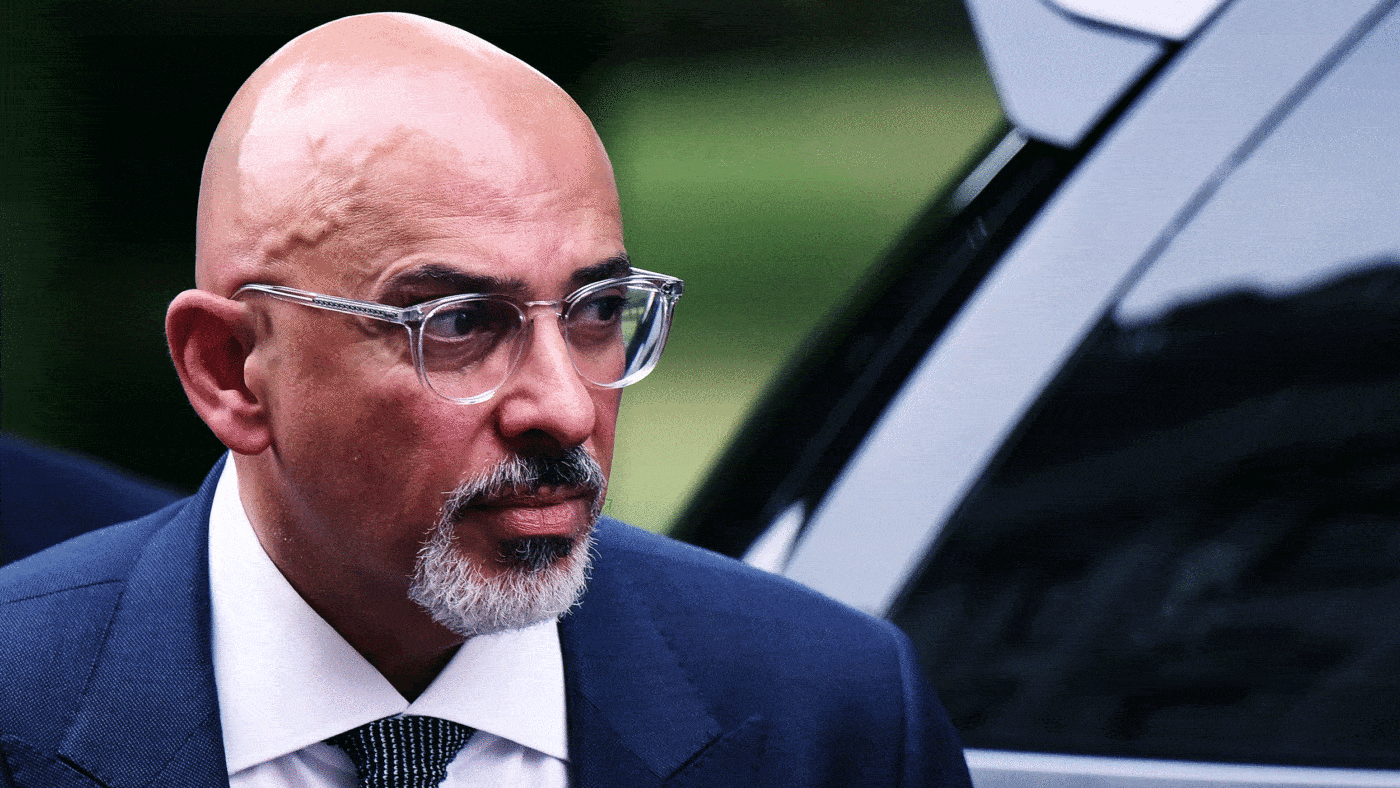On Thursday the Office for Budget Responsibility (OBR), the Government’s independent fiscal watchdog, published its latest annual report on the long-term sustainability of the public finances and the fiscal risks facing the UK. This made for grim reading, as these reports always do.
But this time, the report has been widely interpreted as a warning against any more tax cuts. The Daily Telegraph led its coverage with the headline ‘Tax cuts impossible for next PM, warns OBR’. The Financial Times went for ‘Watchdog warns public finances on unsustainable long-term path’. The FT’s Economics Editor, Chris Giles (who understands this stuff better than most), wrote an opinion piece titled ‘Tax cuts are no panacea for dire UK performance’.
Is this correct? Up to a point, yes. But there is some important context to bear in mind too.
For a start, it is the OBR’s job to be negative here. A fiscal watchdog that does not bark would not be much use at all. But this does sometimes also mean – like the Treasury – that it is crying wolf.
The ‘Fiscal risks and sustainability’ report also takes a very long-term view. For example, the baseline projection is that the ratio of UK public debt-to-GDP ratio, which is currently about 96%, might rise to 267% in 2071-72, which is 50 years from now. That could indeed be ‘unsustainable’.
But it is hard to see why that would rule out any tax cuts in the next, say, five years. This certainly applies to any measures that are temporary (such as a one-year reduction in VAT) or which simply hand back some of the windfall that the Treasury has made from higher-than-expected nominal incomes and prices (such as unfreezing the allowances for income tax).
Even if you accept that tax cuts inevitably mean higher borrowing, there is still plenty of fiscal room here to support the economy. In the OBR’s baseline scenario, the debt-to-GDP ratio is actually projected to fall from 96% to less than 70% in the 2030s, before rising again.
What’s more, like most official projections, the OBR numbers are based on current government policies both on tax and on spending. There are plenty of examples on the spending side where large savings could be made.
One is the ‘triple lock’ on the state pension, which is the commitment to raise the state pension every year by whichever is the highest of consumer price inflation, average earnings growth (a measure of wage increases), or a guaranteed minimum of 2.5%.
No-one should think that this is sustainable indefinitely. The ‘triple lock’ has a ‘ratchet effect’, because pensioners participate in any upside during economic booms when inflation is high, but are protected on the downside. As a result, the share of national income spent on paying state pensions will inexorably increase over time.
It may be politically impossible to unpick the ‘triple lock’ in the remainder of this parliament, or even the next, but this should be part of any long-term fiscal plan.
Other examples include the huge fiscal costs of ‘net zero’, and of an unreformed NHS and social care system. Again, tackling these problems will be politically challenging. But it is wrong to take an ever larger role for the state as a given, then work out what taxes are needed to fund it.
The job of Chancellor is always a tricky balancing act between supporting the economy and balancing the books, but fiscal policy has been tightened prematurely. The Government should do much more to lower the burden of taxation as part of a pro-growth strategy, including supply-side reforms and measures to boost investment.
Rishi Sunak recognised the need to slow the pace of fiscal consolidation and to provide more help to households. Nonetheless, the overall fiscal stance will continue to be contractionary on current plans. The tax system is also becoming more complicated, especially for businesses. There is nothing fiscally responsible about tax increases if they tip the economy into recession.
Concerns about the debt interest bill and the overall level of debt are also exaggerated. In particular, the impact of higher inflation on the cost of index-linked gilts will be spread over many years, and the real interest rates on these bonds are still firmly negative.
It is not clear either that tax cuts would add much, if anything, to inflation. In fact, they could reduce it, both directly (such as cuts in VAT) and indirectly (by encouraging investment and taking some of the pressure off wages). The overall impact on prices should therefore be small.
Indeed, the Bank of England has already suggested that the existing cost of living support package might raise inflation by (just) 0.1 percentage points.
Finally, it would not necessarily be a bad thing if we did end up with looser fiscal policy and tighter monetary policy. Most economists agree that the UK has got this mix wrong. A shift in the balance here should support sterling too, which would also help with inflation.
Regardless of exactly how it is done, the Government needs to do more to reduce the tax burden again – and the sooner the better. The OBR’s dogged caution should not rule anything out.
Click here to subscribe to our daily briefing – the best pieces from CapX and across the web.
CapX depends on the generosity of its readers. If you value what we do, please consider making a donation.


